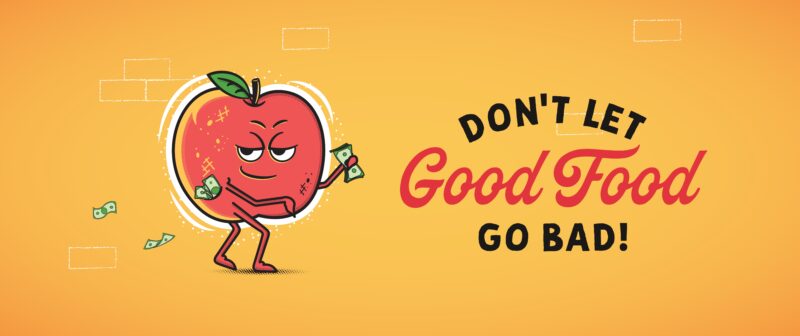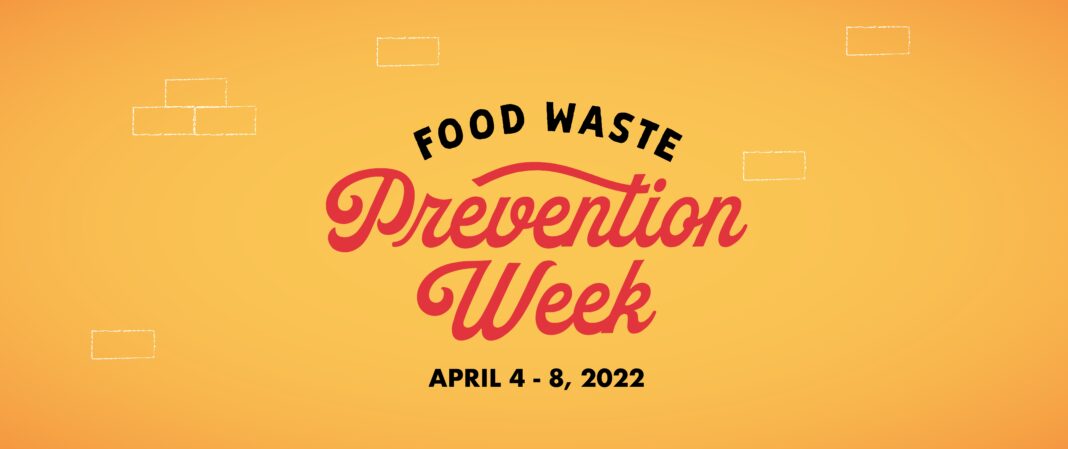TastyChomps is proud to be a sponsor of Food Waste Prevention Week – this April 4-8, 2022.
Why is Reducing Food Waste Important?
It Saves Money
Wasting food is expensive. Every year, Americans lose more than $218 billion on wasted food. In Florida, the average family of four throws out around $1,600 worth of food annually. Households are responsible for the most wasted food. If we begin to reduce and prevent food waste, we can save that money that is wasted on spoiled food.
It Protects the Environment
Reducing food waste is the #1 personal action to reduce greenhouse gas emissions, while safeguarding critical natural resources. When food is wasted, it goes into a landfill. Once in a landfill, food waste breaks down and emits greenhouse gasses, including carbon dioxide (CO2) and methane (CH4). Methane is 30 times more potent than carbon dioxide, making it more damaging to the environment. If we reduce food waste, we could save the environment from this damage.
It Reduces Hunger
In the US, approximately 40% of all food grown and produced is never eaten. That’s a lot of food wasted that could go to people that don’t have access to food. 1 in 5 people lack consistent access to nutritious food, while up to 3 million tons of wasted food goes to landfills annually. Recovered food provides an additional source of nutritious food.
 WAYS THAT YOU CAN TAKE ACTION AGAINST FOOD WASTE
WAYS THAT YOU CAN TAKE ACTION AGAINST FOOD WASTE
At home
- Save leftovers and store/freeze food in portion-ready containers
- Cook only what is needed for that meal
- Make one night a weekly “leftover” night to empty the refrigerator before shopping again
- Audit what you throw away; it will influence your next shopping trip
- Keep kitchen essentials on hand (grains, spices, sauces) that bring new life to old meals
- Freeze ripe fruits and vegetables before baking, cooking and filling in gaps in recipes
- Compost
When shopping
- Plan menus for the week and prepare a shopping list
- Stick to your shopping list
- Match your shopping to the reality of your week
- Buy smaller quantities, if appropriate, to avoid spoilage and waste
- Don’t shop hungry
- Pay in cash so the amount your spending is tangible
- If you bought items that you won’t use, donate them before the expiration date
At work
- If you bring a lunch, bring only what you will eat
- In the case of leftovers, save for the next day, if you have a work refrigerator
- If you brought too much, share with others
- If ordering takeout/delivery, save leftovers or share an order

for more info, visit https://www.savethefoodfl.com/












